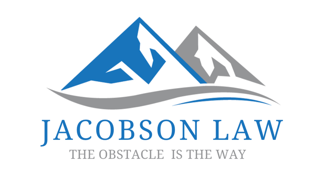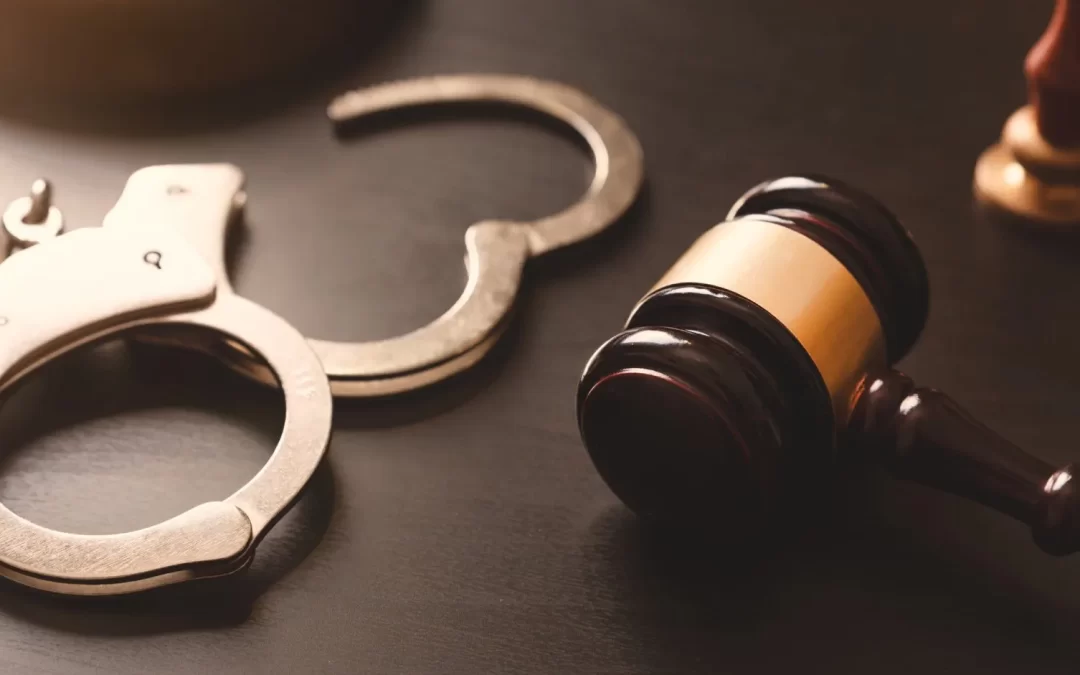Criminal attorney can help defend parole violation cases
A criminal attorney in Boise Idaho can help defend you in parole violation hearings. Parole violation refers to the act of breaking the terms and conditions set by the parole board for an individual who has been released from prison before completing their full sentence. Parole is a conditional release granted to inmates, allowing them to serve the remainder of their sentence in the community under supervision. While parole itself is not a criminal offense, violating the conditions of parole can lead to serious consequences, including potential criminal charges.
When an individual is granted parole, they are required to adhere to specific rules and guidelines established by the parole board. These conditions often include regular check-ins with a parole officer, maintaining steady employment, abstaining from drug and alcohol use, and avoiding contact with certain individuals. Failure to comply with any of these conditions can result in a parole violation.
Parole violations are typically categorized as technical or substantive. Technical violations involve a breach of the non-criminal conditions of parole, such as missing a meeting with a parole officer, failing a drug test, or changing residence without notifying the parole officer. On the other hand, substantive violations involve criminal behavior, such as committing a new crime while on parole.
It’s essential to note that while parole violation itself is not considered a criminal offense, the actions leading to the violation may result in criminal charges. For example, if a parolee is found to be in possession of illegal substances, they could face charges related to drug possession. Similarly, engaging in criminal activities such as theft or assault during the parole period may lead to separate criminal charges.
When a parole violation occurs, the parolee is typically subject to a hearing before the parole board. During this hearing, evidence related to the violation is presented, and the parolee has the opportunity to provide their side of the story. The parole board then determines the appropriate course of action, which may include continued supervision, modification of parole conditions, or, in more severe cases, revocation of parole.
If parole is revoked, the individual may be required to return to prison to complete the remainder of their original sentence. In some cases, the parole board may impose additional penalties, such as an extended period of supervision or participation in rehabilitation programs.
While parole violation itself is not a criminal offense, the actions leading to the violation can result in criminal charges. Parolees must adhere to the conditions set by the parole board to avoid serious consequences, including potential return to prison. The legal implications of parole violations underscore the importance of individuals on parole complying with the terms of their release to successfully reintegrate into society.
Some defenses that a criminal lawyer can use in parole violation hearings
In parole violation hearings, a criminal lawyer plays a crucial role in defending the parolee and presenting arguments that may mitigate the consequences of the alleged violation. Here are some common defenses that a criminal lawyer may employ during parole violation hearings:
1. Lack of Intent or Knowledge:
A defense strategy may involve demonstrating that the parolee was not aware of the actions or conditions leading to the alleged violation. If the violation was unintentional and the parolee had no knowledge of the violation, it can be argued that they should not be held fully responsible.
2. False Accusations or Misinformation:
The defense may challenge the accuracy of the evidence presented by the parole officer or the prosecution. This could involve proving that the information leading to the alleged violation is false, misleading, or based on a misunderstanding. In some cases, the parolee might be wrongly accused due to errors in reporting or communication.
3. Procedural Errors:
A criminal lawyer may examine whether proper procedures were followed during the parole violation process. Any failure to adhere to established procedures or violations of the parolee’s rights could be grounds for challenging the validity of the alleged violation.
4. Substantial Compliance:
The defense may argue that, despite technical violations, the parolee has substantially complied with the overall conditions of parole. This involves demonstrating that the parolee has made reasonable efforts to fulfill the requirements and has not engaged in behavior that poses a significant risk to the community.
5. Changed Circumstances:
Lawyers may present evidence showing that the circumstances leading to the parole violation have changed or improved. For instance, if a parolee struggled to find employment initially but has since secured stable employment, this positive change might be presented as a reason to reconsider the violation.
6. Rehabilitation Efforts:
Demonstrating a commitment to rehabilitation can be a powerful defense. If the parolee has actively participated in counseling, therapy, or educational programs, it can be argued that they are making genuine efforts to reintegrate into society successfully.
7. Witness Testimony:
The lawyer may call witnesses, such as employers, family members, or counselors, to testify on behalf of the parolee. Witness statements can provide valuable perspectives on the parolee’s character, progress, and efforts to comply with parole conditions.
8. External Factors:
A defense strategy may involve highlighting external factors that contributed to the parole violation, such as unforeseen events or circumstances beyond the parolee’s control. This could include health issues, family emergencies, or other situations that impacted the parolee’s ability to adhere to the conditions.
Hire the best-rated criminal attorney in Boise Idaho
Jacobson & Jacobson Law Firm, since 1982, is committed to serving the Boise and Nampa, Idaho areas for your top Criminal Defense, Personal Injury, Business Law, Estate Planning, Family Law, Immigration Law, and Litigation needs. Contact us today to get started. For a free 30-minute consultation, book here: https://calendly.com/jfj-1


